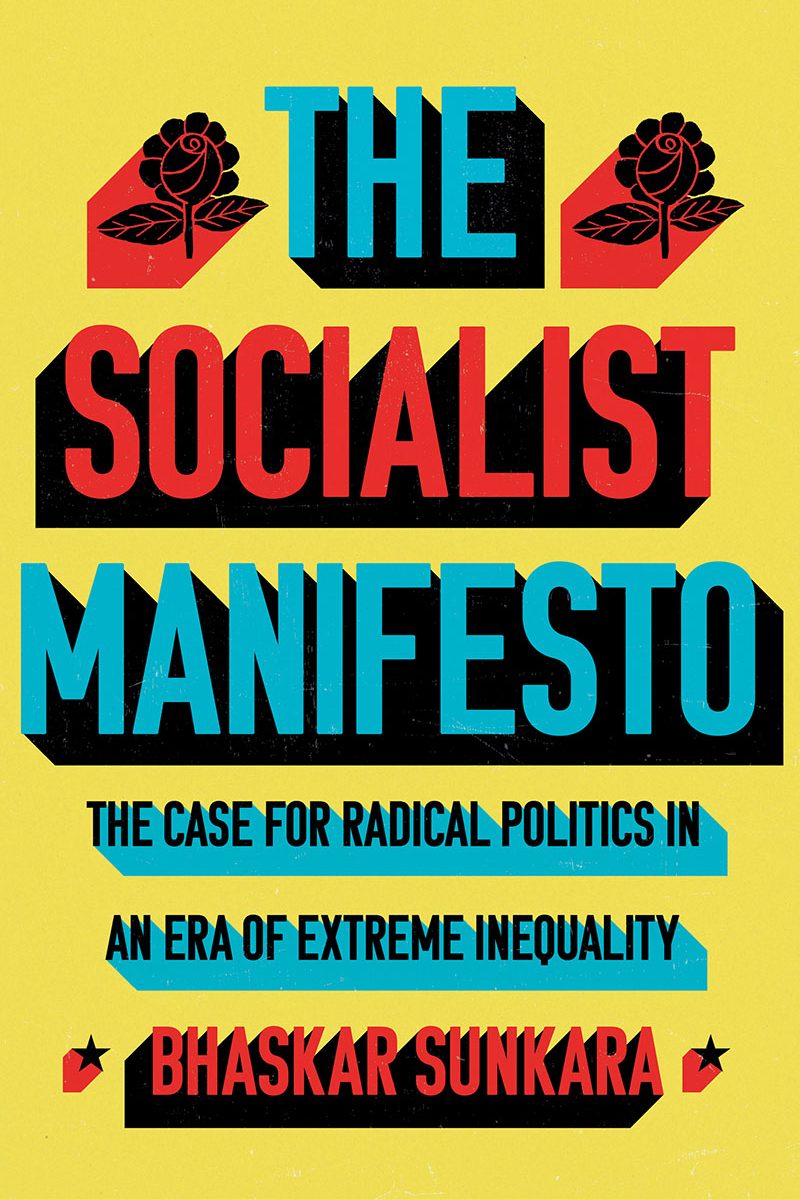The big news today seems to be a three percent pullback in the stock market due to Coronavirus fears, or the threat of a Sanders presidency, depending on who you ask. I wrote yesterday that Trump’s obsession with a health economy leading up to the election was leading forcing the Fed to inject liquidity into the markets, and that efforts were likely to fail at some point and lead us into a recession. What goes up, as they say… I also noted that the Coronavirus might be a big monkey wrench that throws us into global recession sooner than later. And while I haven’t bought face masks for my family yet, I am thinking about it.
$250,000 BTC?
This interview with Bitcoin bull Tim Draper was really interesting. The first two minutes are slow cause he just keeps repeating that the market’s are “frothy”, but then he gets into talking about bitcoin for several minutes. At one point he repeats his $250,000 price target for 2024, and is asked how much of his net worth is in crypto and he refuses to answer.
His point about the credit card fees versus Bitcoin is well-made also, as well as his arguments about banks in general. He throws out OpenNode as an example. Taking a quick look at it, they charge less than one percent per transaction, and even process the first $10,000 free of charge. They also have plugins for Shopify and WooCommerce. Neat!
Social Democracy vs. Unfettered Capitalism
I’ve been using Basecamp for several months lately, and have been using it with several clients lately. One of the founders, Jason Fried, has been on the Peter Attia pod a couple times since he started and I really appreciated the approach they take to running a business, work-life balance, and success. It really seemed like a breath of fresh air and a really healthy outlook.
A little over a year ago I participated in my first startup competition, and Angel investor Jason Calacanis was one of the keynotes. Afterward I got a bit caught up in the prospects and started listening to his The Week In Startups pod, but quickly burned out on it due to the number of episodes they put out and some general antipathy to the culture in general. So when I saw Fried’s co-founder, David Heinemeier Hasson, was a guest on TWIS, I added it to my feed and listened to it earlier today. I was not expecting what I heard.
Hasson is from Denmark, and the conversation quickly went to discussion about how America can “get to Denmark”, this is, providing citizens with basic services like healthcare and education for free. And Hasson is a pretty strong advocate for social democracy, and a fierce critic of exploitative capitalism, especially gig economy firms like Uber, of which Calacanis is an early-stage investor in. This was a really interesting conversation, and one that I will be sharing quite a bit with people in the run up to the Democratic primary here next week.

